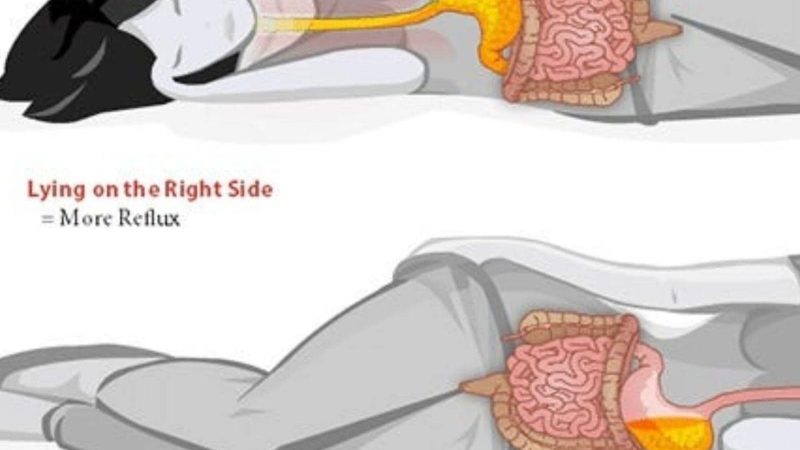Mitochondrial disorders are typically inherited through maternal mitochondria, the tiny “engine rooms” that power the body’s cells. The MDT procedure allows women to exchange their defective mitochondria for healthy mitochondria obtained from a second woman’s egg. Although these babies will technically have two mothers, the genetic material from the second woman will contribute a mere 0.1% of her DNA, and the child will not inherit any of the donor’s characteristics.
This pioneering technique, developed by British scientists, involves transferring the fertilized center of one woman’s egg, containing the DNA from both parents and only trace amounts of damaged genes, into the healthy fertilized egg of a second woman. Most of the DNA from the second woman’s egg is removed, leaving behind only the healthy mitochondria.
The successful application of this technique has raised ethical concerns among critics who fear that it could lead to the creation of “designer” babies. However, proponents argue that mitochondrial donation is a lifeline for approximately 3,000 women at risk of passing on life-threatening diseases to their children.


Although mitochondrial donation has been used to prevent mitochondrial diseases from being passed on, the technique has been employed differently in other countries, including Mexico and Ukraine, where it has been used to help infertile women conceive using a second woman’s DNA. British experts have not found any evidence to support this purpose, emphasizing that mitochondrial donation’s primary goal in the UK is to prevent mitochondrial diseases.












